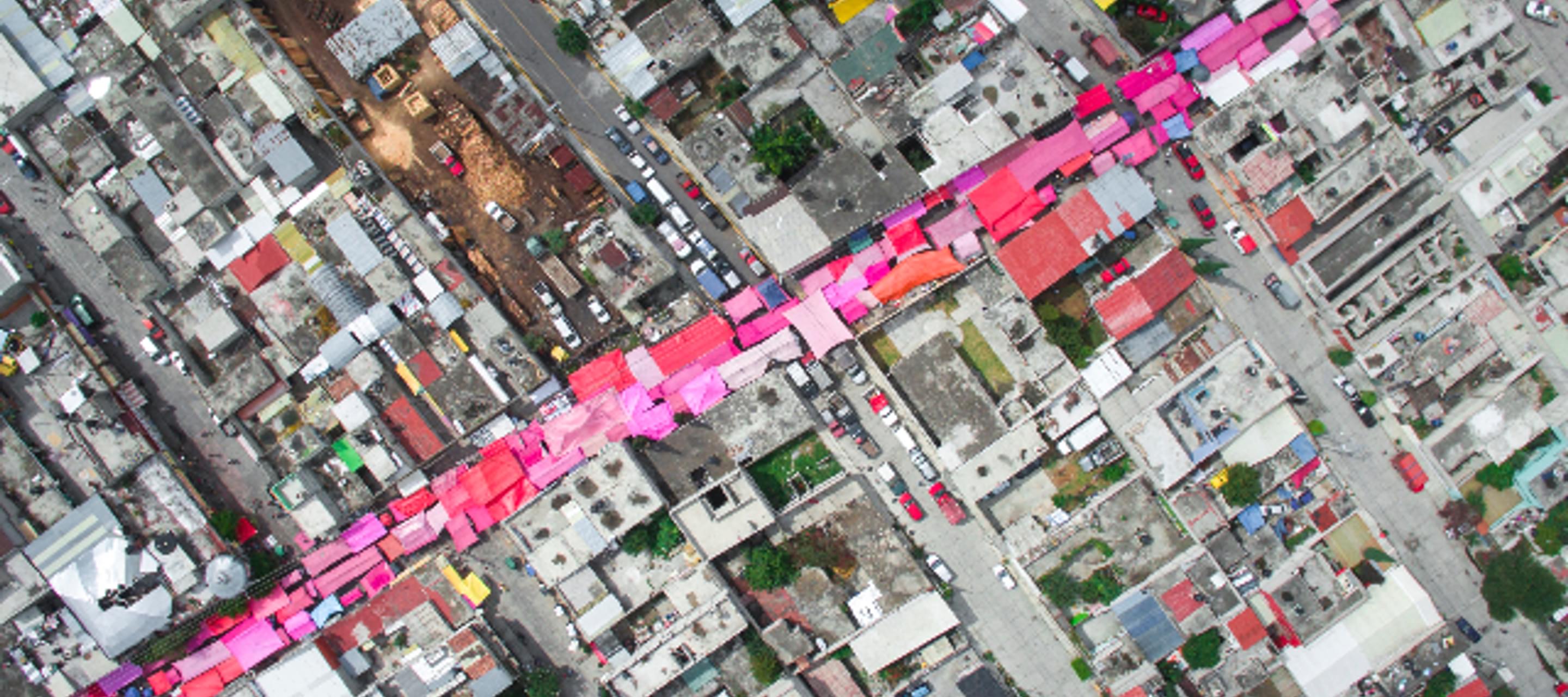Draft Principles for Dignity in the Built Environment Open for Consultation
18 July 2019

These draft Principles provide a vision for dignity and respect for human rights throughout the built environment lifecycle and recommendations for action: from land acquisition, planning and financing, through design, construction, management and use, to demolition and re-development.
The draft Principles are not a new set of standards. Instead, they are based on international human rights standards, and connect to existing initiatives (see pages 6-7) to provide a practical framework across each stage of the lifecycle. The Principles are applicable at the level of individual projects and in wider urban development. Siloed, disconnected approaches will fail to address root problems or lead to long-term solutions: the principles seek to advance greater, effective interaction between stakeholders.
The draft Principles are a collaboration between founding partners: IHRB, Raoul Wallenberg Institute of Human Rights and Humanitarian Law, the Australian Human Rights Institute at the University of New South Wales, and the Rafto Foundation for Human Rights.
These organisations are consulting widely with stakeholders on the content of the draft Principles, to finalise them and inspire action to put them into practice. For further information or questions on the draft Principles, or to share your feedback and expertise, contact annabel.short@ihrb.org.
We are particularly interested to hear from stakeholders regarding:
- Content: Do the draft Principles adequately address what you see as the spectrum of human rights risks and responsibilities? Are there any obvious omissions? Any specific suggestions on wording?
- Application: In what practical ways are these Principles likely to be useful to you/your organisation?
- Spotlights: Do any of the human rights issues featured in the Principles stand out as being particularly important in your region / context – or in need of greater research?



